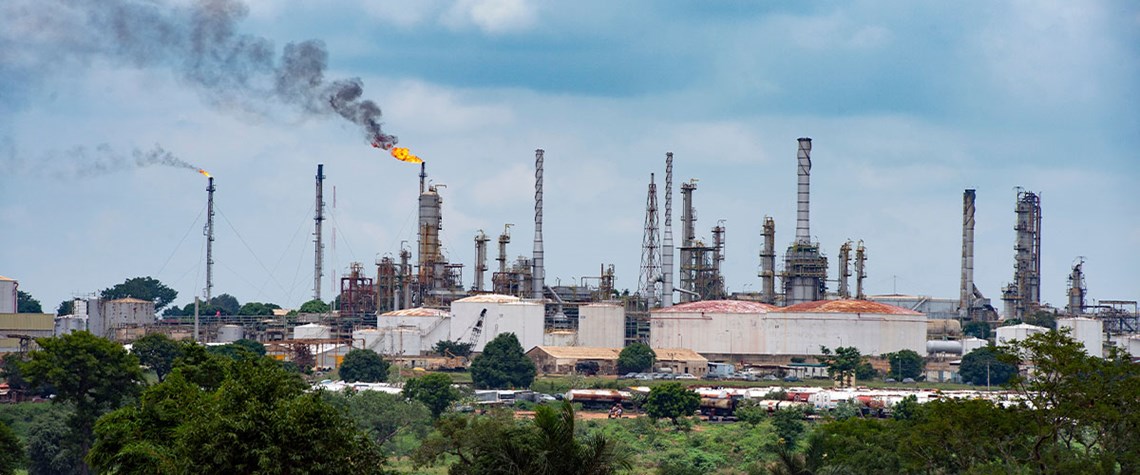Nigeria adapts to end of fuel subsidies
The withdrawal of discounts has already severely impacted domestic product demand and bolstered long-stalled refinery refurbishment projects
Nigeria relies heavily on imports for most of its refined fuels due to the prolonged neglect that led to the closure of local refineries. Until the removal of subsidies this year, the cost of providing discounted fuels was enormous. NNPC expended a staggering NGN4.39t ($5.3b) on petroleum subsidies in 2022, equating to an expenditure of more than NGN365b per month. At the same time, although the country’s oil production is gradually rebounding, it continues to be hindered by crude theft and pipeline vandalism. Statistics indicate that 48.6% of Nigerians relied on generators as of December 2021, although this figure decreased to 40% in 2022, representing approximately 60m people, according to

Also in this section
27 February 2026
LNG would serve as a backup supply source as domestic gas declines and the country’s energy system comes under stress during periods of low hydropower output and high energy demand
27 February 2026
The assumption that oil markets will re-route and work around sanctions is being tested, and it is the physical infrastructure that is acting as the constraint
27 February 2026
The 25th WPC Energy Congress to take place in tandem as part of a coordinated week of high-level ministerial, institutional and industry engagements
27 February 2026
The deepwater sector must be brave by fast-tracking projects and making progress to seize huge offshore opportunities and not become bogged down by capacity constraints and consolidation







